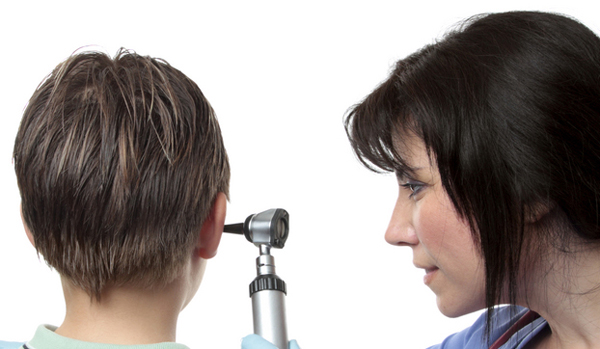The Role of ENT Specialists in Managing Allergies
Allergies can impact many aspects of daily life, often causing symptoms


Allergies can impact many aspects of daily life, often causing symptoms

Most people know that flying can make their ears feel blocked or cause

When you visit an ENT specialist for hearing problems, sinus issues or